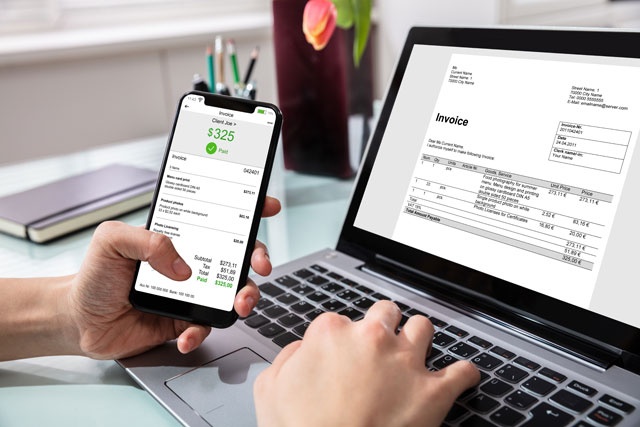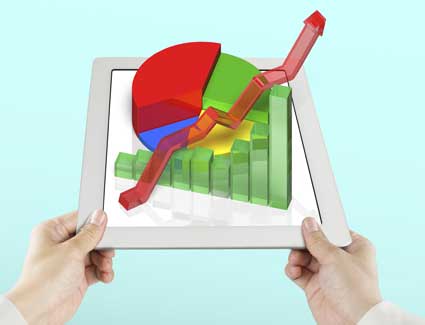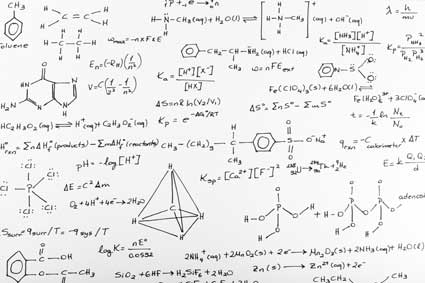Course Description
Perhaps nothing is more representative of modern technological culture than electronic devices. But how do these often mysterious "black boxes" really work? This course presents an overview of the fundamentals of electric/electronic circuit analysis, starting with an overview of electrical theory and moving to simple circuit components like power supplies, resistors, capacitors, and inductors.
The course also provides an introduction to the actual circuit design, construction, test, and measurement, giving the hobbyist a jumping-off point for further pursuit of the subject. In addition, the course highlights some key concepts of semiconductors and semiconductor devices (like transistors). Finally, the lessons conclude with a look at some applications of the principles discussed throughout the course. The lessons are designed to serve students with a variety of backgrounds, and they require only a minimal level of mathematical aptitude (some algebra is helpful but not necessary to understand the main ideas of the course).
- Completely Online
- Self-Paced
- 6 Months to Complete
- 24/7 Availability
- Start Anytime
- PC & Mac Compatible
- Android & iOS Friendly
- Accredited CEUs

Learning Outcomes
- Describe wiring and currents.
- Define Alternating Current [AC] and Direct Current [DC] Circuits.
- Describe Solder, Fuses, Connectors, Adapters and Switches.
- Describe transmitters and receivers.
- Summarize the functionalities of Integrated Circuits, Transistors, Resistors, Capacitors and Diodes.
- Identify schematic symbols.
- Summarize the functionalities and purposes of power supplies and multimeters.
- Describe amplifiers and transistors.
- Describe voltage regulators, transformers and transducers.
- Define basic electronic formulas.
- Demonstrate mastery of lesson content at levels of 70% or higher.
Assessment Guide
| Assessment | Points |
|---|---|
| An Introduction | 1 points |
| Lesson 1 Assignment | 20 points |
| Lesson 1 Fundamentals of Electricity | 9 points |
| Lesson 2 Voltage and Current | 9 points |
| Lesson 3 Assignment | 20 points |
| Lesson 3 Power Supplies and Simple Circuits | 10 points |
| Lesson 4 Assignment | 20 points |
| Lesson 4 Resistor Circuits and Ohms Law | 9 points |
| Lesson 5 Assignment | 20 points |
| Lesson 5 Resistor Networks | 10 points |
| Lesson 6 Assignment | 20 points |
| Lesson 6 Capacitor Circuits | 10 points |
| Lesson 7 Assignment | 20 points |
| Lesson 7 Fundamentals of Magnetism | 10 points |
| Lesson 8 Assignment | 20 points |
| Lesson 8 Inductor Circuits | 9 points |
| Lesson 9 Assignment | 20 points |
| Lesson 9 Building Electronic Circuits | 10 points |
| Lesson 10 Introduction to Semiconductor Devices | 10 points |
| Lesson 11 Assignment | 20 points |
| Lesson 11 Electronics Applied: Transformers | 8 points |
| Lesson 12 Electronics Applied: Basic Communication Circuits | 10 points |
| Final Exam | 110 points |























